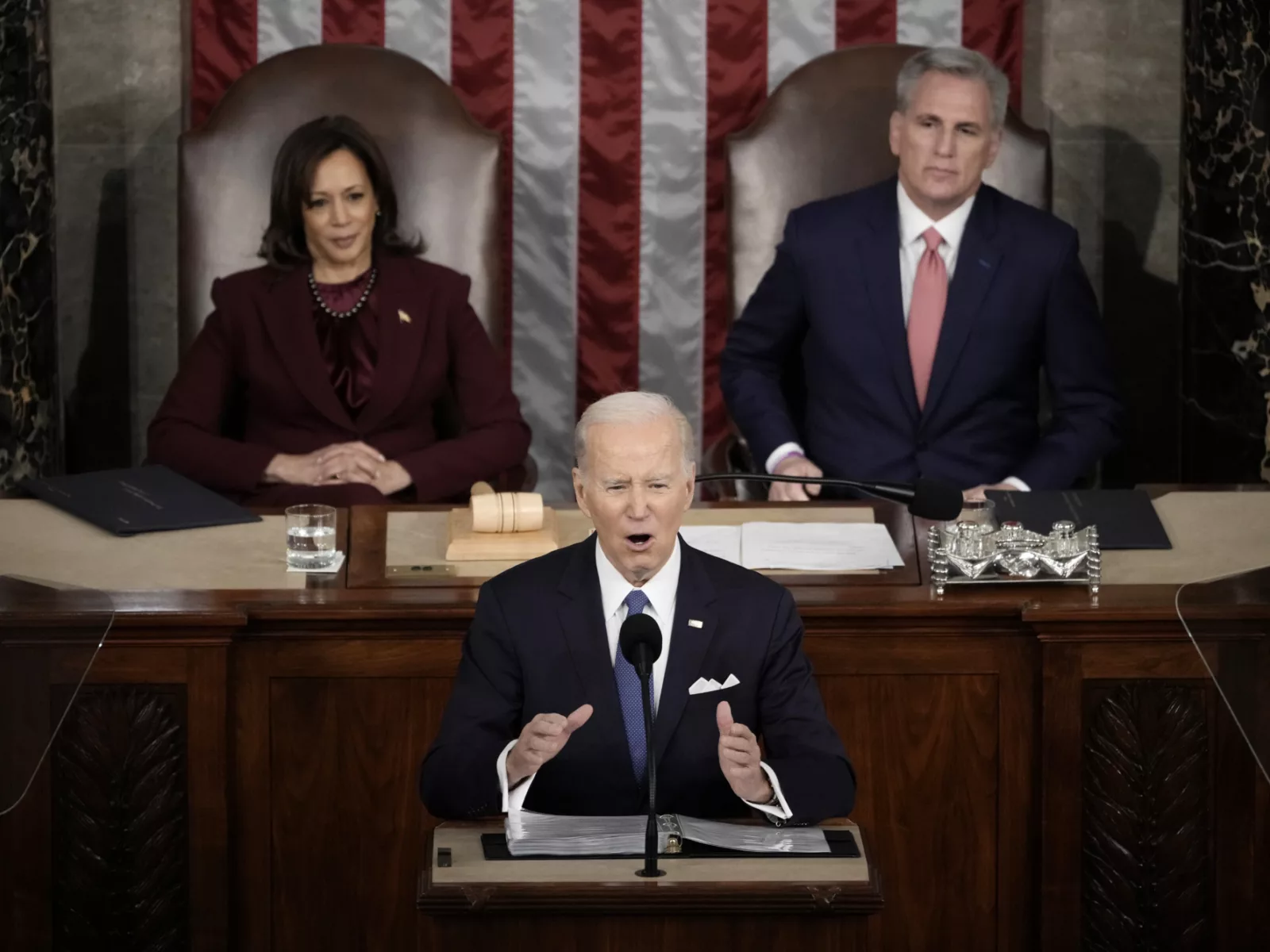Provider consolidation in health care markets has increased dramatically over the past few decades, with large health systems merging or acquiring other hospitals and physician practices. There is clear evidence that hospital and physician consolidation has led to higher prices for the privately insured while the quality of care has remained relatively constant or, in some cases, worsened. Dominant health systems use their market power to negotiate excessive prices with insurers, on average charging more than 2.5 times what Medicare pays for the same service.
Prices also vary widely, both within and across markets. These high prices flow through the system as a tax on consumers and employers in the form of rising premiums and out-of-pocket costs, including high deductibles. They also have a negative impact on labor market outcomes and the federal budget.
Arnold Ventures recently outlined a series of federal policy recommendations for improving health care affordability in response to a Request for Information (RFI) from the House of Representatives’ Healthy Futures Task Force.
The Healthy Futures Task Force — a House of Representatives task force established by Minority Leader Kevin McCarthy — released a series of RFIs on pressing health care issues in winter 2022.
Arnold Ventures appreciates the task force’s interest in addressing this issue and supports the goal of lowering health care costs. Our response is focused on addressing the excessive provider prices that are the primary driver of rising health care costs for the more than 180 million Americans with private insurance.
Our response outlines the steps federal policymakers should take to restore competition, prevent further consolidation, and limit hospitals’ ability to engage in anticompetitive tactics that drive up the cost of health care through higher prices. Policymakers should also consider directly reining in excessive prices in certain situations where competition cannot be restored or is insufficient to address provider pricing abuses. Specifically, we outline policy options for addressing high provider prices across three issues:
- Increasing transparency and marketplace innovation, including by bringing attention to those hospitals which have not complied with hospital transparency requirements, establishing a national all-payer claims database, and improving transparency and increasing accountability over those actors engaging in price gouging or predatory behaviors.
- Increasing competition and identifying anticompetitive consolidation, including by strengthening Medicare site neutral policy and limiting facility fees in the commercial market; addressing consolidation and anticompetitive behavior, including by prohibiting anticompetitive contracting terms; and increasing oversight over anticompetitive conduct, consolidated markets, and other predatory or monopolistic practices pursued by hospitals and powerful physician groups.
- Addressing excessive provider prices by directly limiting them where needed, particularly in areas where competition cannot be restored.
Read our full response below or here.


















